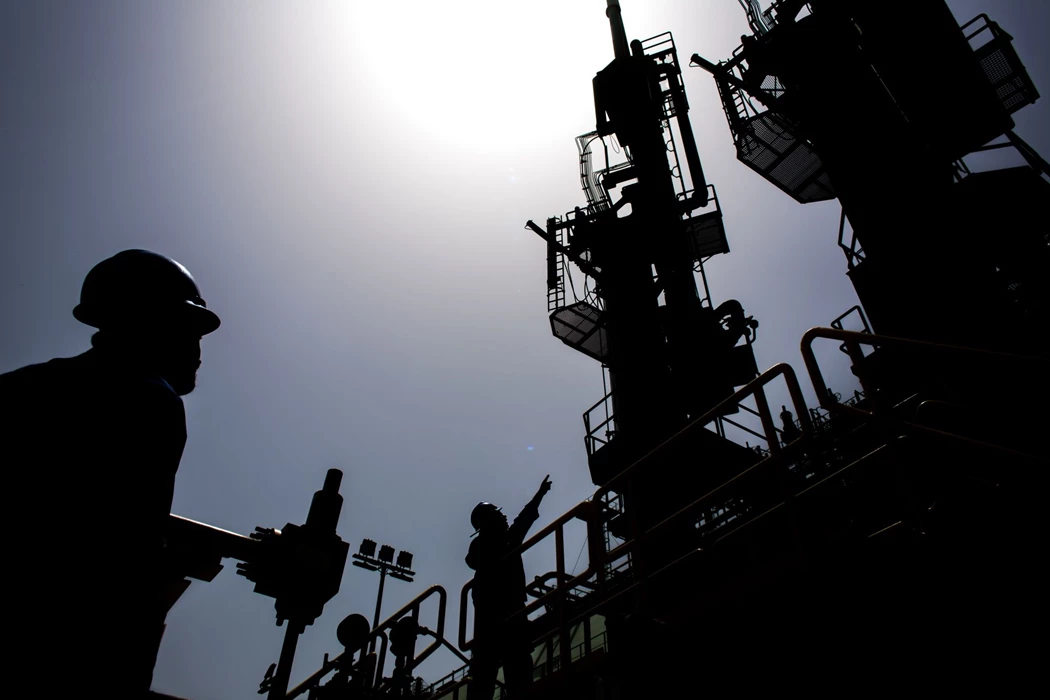Germany Risks Wasting Billions on LNG Projects, Report Says
(Bloomberg) -- Germany is at risk of wasting billions of euros on boosting liquefied natural gas imports instead of moving toward sustainable alternatives like energy efficiency, according to a new report.
The country faces about 200 billion euros ($196 billion) of additional costs for gas imports by the end of the decade, causing a doubling of bills for consumers, the climate think tank E3G said. By comparison, improving buildings’ energy use can save more gas than that provided by new LNG terminals, it said.
“Germany risks locking itself into extremely expensive gas deals that will hamper its energy transition and burden families, businesses, and the government,” said Mathias Koch, policy advisor for German energy systems at E3G. “By realising the huge potential to save gas in its buildings stock, these high costs can be avoided.”
The report adds to concerns that Europe’s rush to end its Russian gas dependency could end up locking the region into fossil fuels for longer than necessary. Germany -- which relied on Russia for more than half its gas imports before Moscow’s invasion of Ukraine -- is installing LNG terminals to help make up for the shortfall.
Germany’s plans on building renovation so far fall short of the pace needed to use less gas, the report said.
More stories like this are available on bloomberg.com
©2022 Bloomberg L.P.





